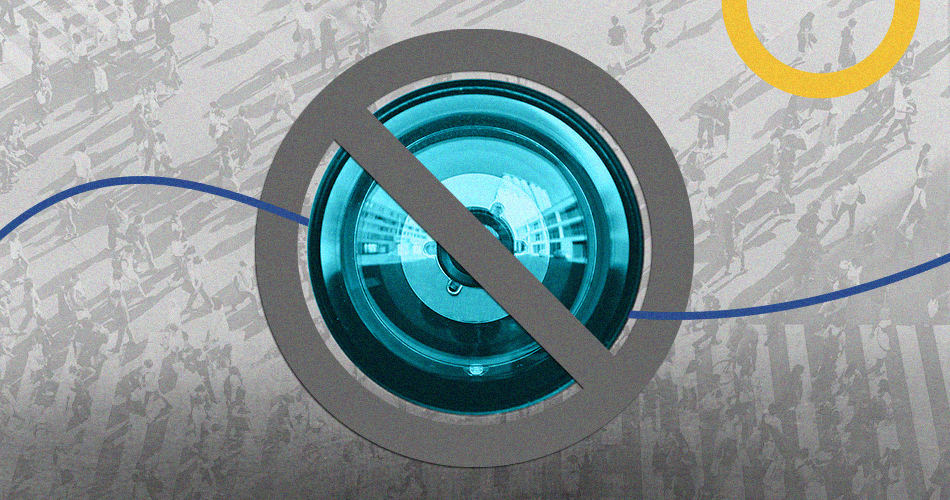Facial Recognition: Cambridge Bans, London Adopts It
 Zoox Smart Data - 4 de February de 2020.
Zoox Smart Data - 4 de February de 2020.
It is quite interesting how two cities have taken opposite perspectives about such a controversial technology. Cambridge became the latest city to ban government use of facial recognition technology. Conversely, the London police begin to use technology as a public safety strategy.
So, what are the issues that surround facial recognition?
Cambridge, MIT’s Birthplace
At the birthplace of the Massachusetts Institute of Technology (MIT) and Harvard University, the government of Cambridge faces a paradox. Their universities developed the very thing that they banned recently.
“Privacy laws have not kept pace with advancements in digital technology,” said Kade Crockford, director of the Technology for Liberty Program at the ACLU of Massachusetts. “But Massachusetts cities and towns are stepping up to ensure that surveillance technology does not get ahead of our basic rights. “
#FacialRecognition technology ban is ordained by the City Council. Cambridge joins a small but growing number of cities who are stepping up to protect residents from intrusive and undemocratic technology. Thanks to @ACLU_Mass and @onekade for their support and leadership. pic.twitter.com/d9w0XjrDqh
— Councilor Marc McGovern (@Marc_C_McGovern) January 13, 2020
Former Mayor Marc McGovern tweeted that “Cambridge joins the growing group of cities that stands for protecting the citizens of intrusive and anti-democratic technology.” The city now joins the group of Brookline, Northampton, Somerville, and Springfield.
The argument of the authorities is that there is no effective regulation of the software. In addition, the latest technologies are still vague on factors, such as age, gender and skin tone. Lawmakers wrote that the “racial prejudice and disparities hampered the [technology]”, leading to many false positives.

LONDON, A CITY UNDER SURVEILLANCE
In February, London police began using facial recognition cameras on city streets. In a statement, the police rejected the criticism and claimed that 80% of people surveyed supported the decision. Moreover, they ensured that the system will aim to catch criminals and tracing missing persons.
Additionally, police also claimed that the system is effective in 70% of cases, helping to find suspects wanted. Most scholars disputed this data. The cameras will be connected to databases with photos of suspects.
Nick Ephgrave, an assistant commissioner at the Met said: “I believe that we have a duty to use new technologies to keep people safe in London. Independent research has shown that the public supports us in this regard. “
FACIAL RECOGNITION: CLARIFYING THE DEBATE
The use of this technology raises a number of sensitive issues.
First, it is important to note that the debate takes place, in general, around the use of technology in public safety. There are several exceptions that discourage people from worrying about it. For example, the use of facial recognition for check-in at hotels and airports or payment platforms for facial biometrics.
Public safety is different. The government must guarantee the citizens’ right to privacy and freedom of movement. Conversely, China received countless criticism for using this technology for several years.
Second, it is the demographic factor. The technology created an excessive amount of “false positives”, especially with blacks and the elderly. This type of question is particularly delicate because it messes with historical wounds of the constitution of the country.
In conclusion, no one disagrees that these new technologies can increase the safety of cities. Perhaps, facial recognition deserves a more in-depth discussion and a little patience.






Comments